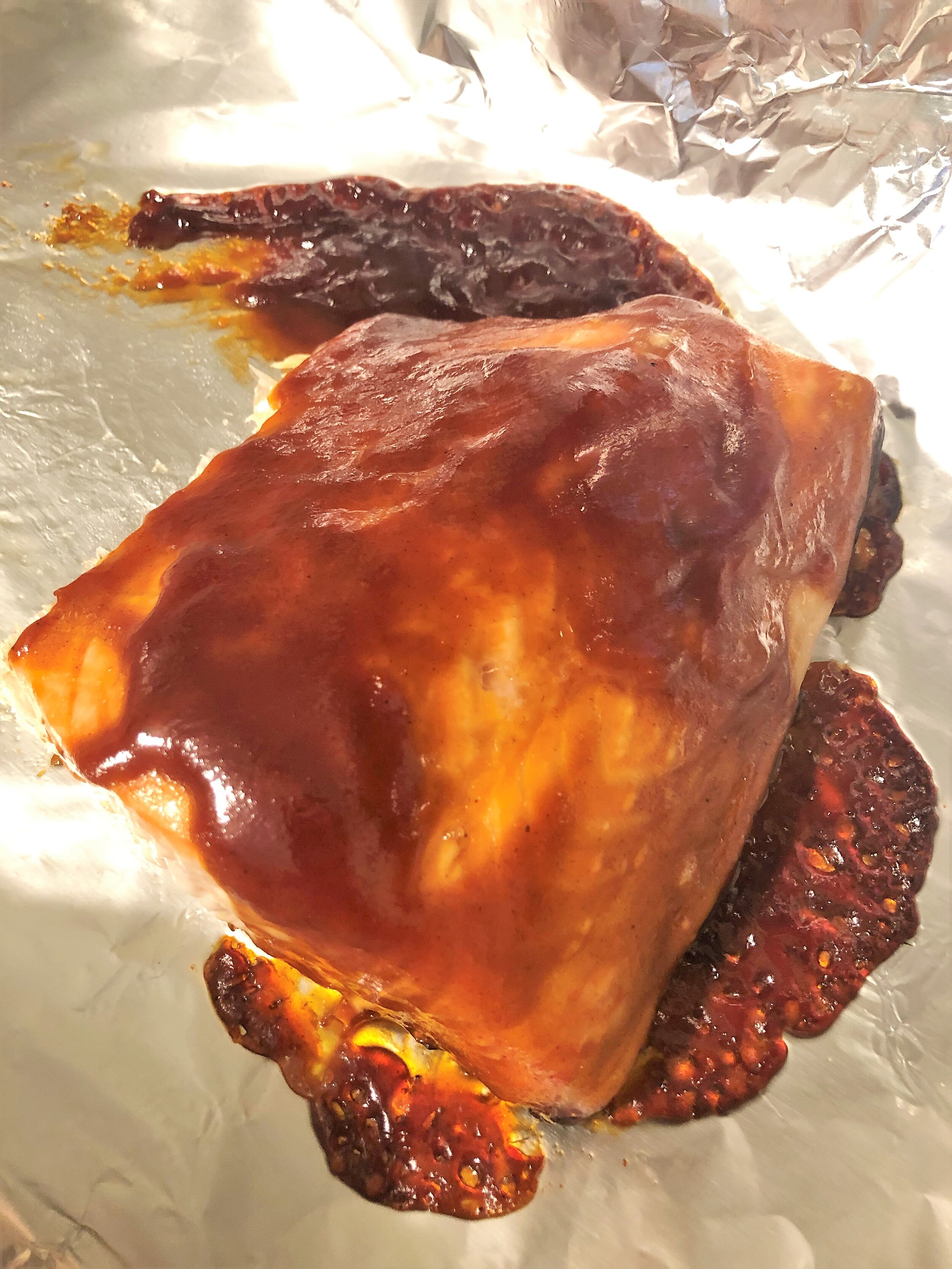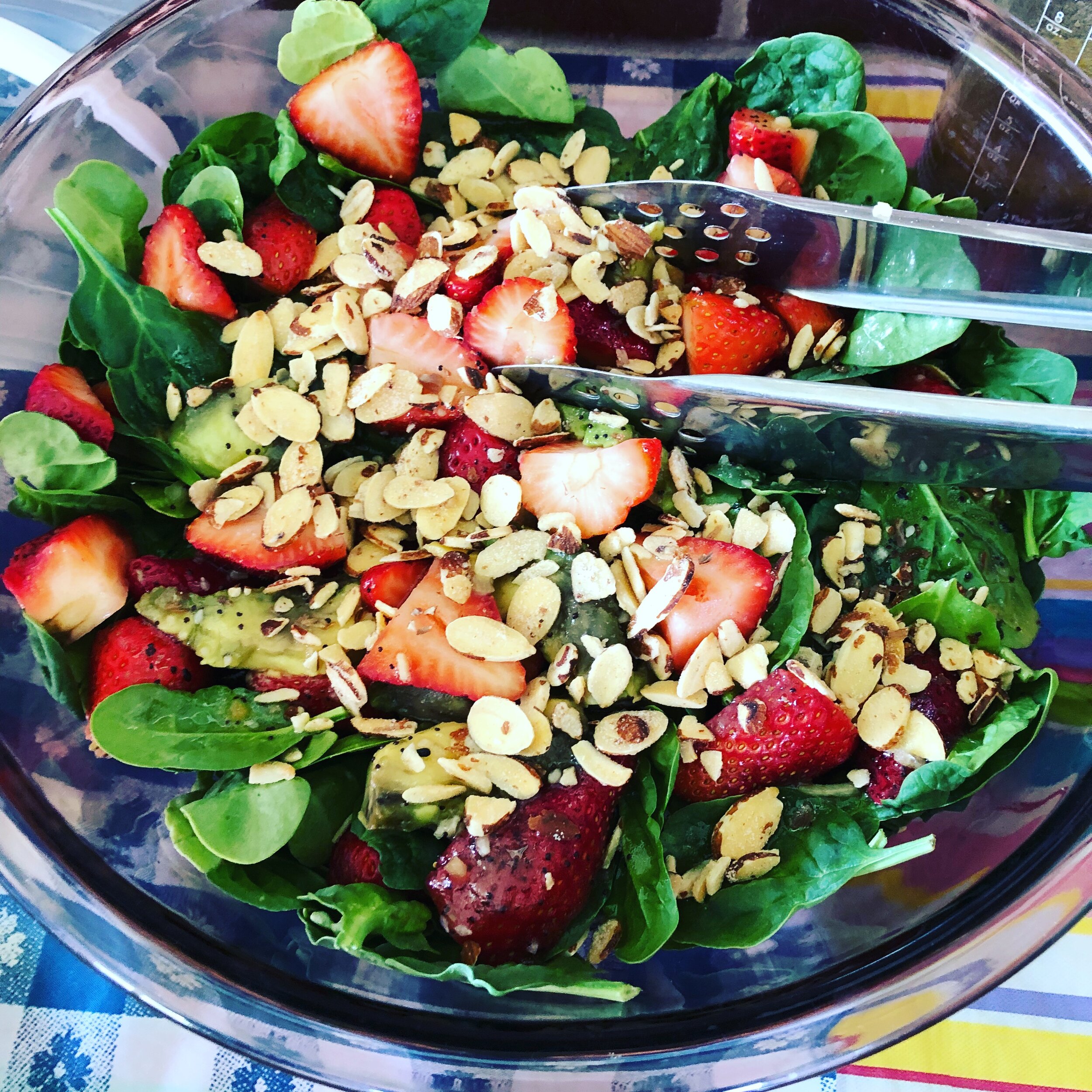By Dolapo Balogun MA, BS
Contrary to popular belief, fat is an essential part of our diet! There’s no need to be scared of it!
Why do athletes need fat?
Fats are important because it is a macronutrient that helps provide your body with energy and support your cells by providing structure and cushion to prevent damage. Dietary fat is found in a variety of sources that are easy additions to your diet. Fats are also vital for absorbing fat-soluble vitamins. Did you know that fat also helps to protect your organs and insulate your body to keep you warm?
Fat plays so many important roles in the body like protecting the organs, cushioning joints, and helping the body absorb vital nutrients. During lower intensity activity and activities performed for an extended period of time, the body uses fat as energy.
It is important to note that not all fats are created equally.
Healthy fats for athletes
Saturated and trans fats are found in fried foods, margarine, fatty cuts of meat, hydrogenated vegetable oil, and pastries, just to name a few. Compared to carbs & protein, fat takes the longest to digest. These foods may make you feel sluggish and bloated, especially right before exercise. Eating too much of these saturated fats can increase cholesterol in your body. Saturated fats can still be enjoyed from time to time in moderation! Eat that cookie and treat yo’ self!
Unsaturated fats are mostly found in oils from plants and fish. There are two types called monounsaturated fats and polyunsaturated fats and both play a role in protecting your heart against inflammation. They can be found in nuts, plant oils, avocados, and fish.
Want to try more fish? Pair salmon with BBQ sauce and bake for 30 minutes at 375 degrees. Yum!
An easy way to remember the difference between saturated and unsaturated fats is to know that most unsaturated fats are liquid at room temperature while saturated fats are solid at room temperature.
Some fats have better benefits than others! As an athlete it’s important to know the difference. The average adult needs 25%-35% of their calories coming from fat. Just like protein and carbohydrates, quality fat sources are most important. You should focus on monounsaturated and polyunsaturated fats, and it’s very easy to incorporate them into your diet with ways such as:
Eat more fish such as tuna or salmon
Cook with olive oil or canola oil
Add peanut butter to your oatmeal
Snack on some almonds or walnuts
Add avocado to your sandwich.
Here are some great budgeting ideas when it comes to incorporating fats into your diet:
Make your own nut butters! Nut butters (anything other than peanut butter, honestly), can be super expensive, especially if you eat it often. You can buy nuts in bulk and create your own! YouTube offers so many easy DIY recipes to do so!
Nuts and seeds are a tasty addition to salads and a good source of monounsaturated fats.
Shopping for fats, like avocados, in season are key! Shopping in season allows you to save money! There’s nothing worse than produce going bad before you have a chance to use them!
How you store your fats matter. Store your oils in a dark, cool place to stop them from going rancid. Have too many avocados on hand? Store them in the fridge and pull them out a few days before you want to use them so they become perfectly ripe for that Insta-worthy avocado toast you’ve been craving!
Need more information about fats? Shoot us a message and let’s talk more about it!
Dolapo Balogun was a Division I basketball player at the University of San Francisco and is currently a dietetic intern at UC San Diego Health. She aspires to be a registered dietitian that focuses practices in sports nutrition and become an advocate for cultural awareness and diversity within the field of dietetics




